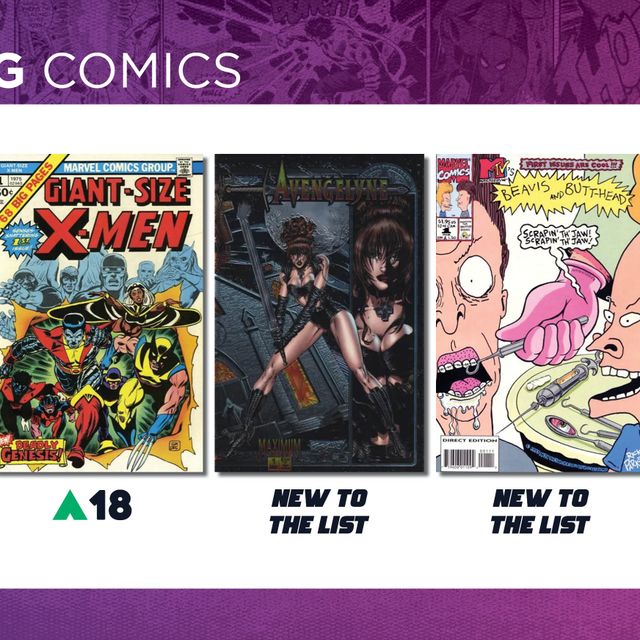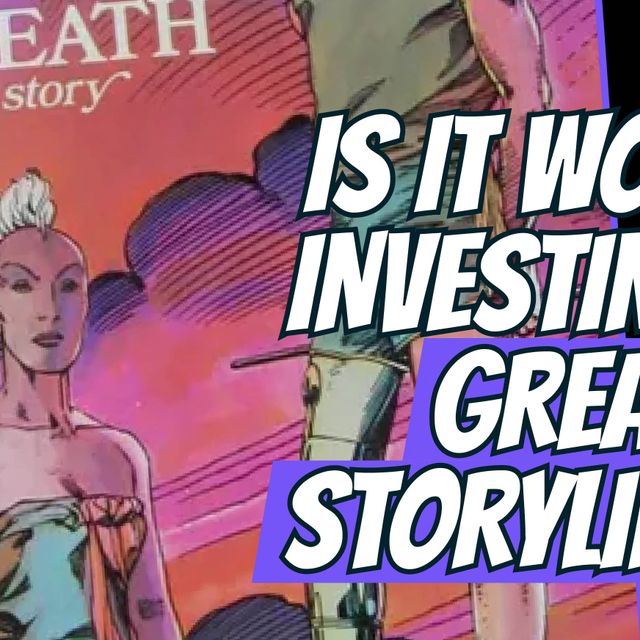 Fear, hate. Viruses, pandemics. Protests, riots. Not since the 1960s have the X-Men been so relevant to the world's turmoil, which is why the MCU needs a socially aware X-Men introduction.
Fear, hate. Viruses, pandemics. Protests, riots. Not since the 1960s have the X-Men been so relevant to the world's turmoil, which is why the MCU needs a socially aware X-Men introduction.
The X-Men got me reading comics in the first place, and much of what we are seeing happening in our cities and states is ground that was covered in those comics.
In the current state, this is when the X-Men are a needed metaphor for a world of fear, civil unrest, and uncertainty.
 THE REAL-LIFE X-MEN ORIGINS
THE REAL-LIFE X-MEN ORIGINS
That's exactly what Stan Lee and Jack Kirby wanted mutants to represent. They are the oppressed and the misunderstood of all societies.
As Lee said in a 2000 interview with The Guardian, “I loved that idea. It not only made them different, but it was a good metaphor for what was happening with the civil rights movement in the country at that time.”
Charles Xavier embodied Dr. Martin Luther King, Jr., while Magneto stood for Malcolm X. Then there were the Sentinels, which symbolized a militant government response to the turmoil. For an interesting read on that topic, take a look at History's "How Stan Lee's X-Men Were Inspired By Real-Life Civil Rights Heroes."
THE X-MEN AND THE MCU
The MCU movies tend to lean toward escapism in its formulaic action-comedy for many of its films, especially after the Disney buyout.
Since last year, Marvel Studios has been criticized for producing an over-the-top theme park experience that relies more on special effects and cheap laughs rather than quality storytelling. With the X-Men, Marvel has a chance to piece together its most relevant and thought-provoking film yet.
 Considering the modern world we're living in, where quarantines and riots are becoming the norm, the X-Men could speak for millions of people around the world. Yes, they're super-powered heroes and villains, but the mutants have the potential to be the most relatable characters in the entire MCU.
Considering the modern world we're living in, where quarantines and riots are becoming the norm, the X-Men could speak for millions of people around the world. Yes, they're super-powered heroes and villains, but the mutants have the potential to be the most relatable characters in the entire MCU.
That's the thing with the current MCU - there aren't enough relatable characters. There are plenty of fun, interesting, super-powered beings dotting the screen. We can admire and emulate the likes of Captain America, but he's too perfect to identify with. Superpowers aside, Spider-Man should have been the MCU's more realistic hero, but Marvel Studios dropped the ball.
Like the X-Men, Spider-Man was originally meant to be someone the audience could identify with. In the effort to re-imagine him for the MCU - and steer clear of everything Sony had put on film - Peter Parker lost touch with the audience. He became billionaire Tony Stark's heir, complete with mechanized suits and high-tech equipment at his disposal, rather than what he should have been: a working-class hero balancing real-world problems with his responsibility to serve the public.
 RELATABLE MUTANTS
RELATABLE MUTANTS
Everyone should be able to identify with the X-Men in one way or another.
At first glance, the X-Men may not seem realistic, but there's a deeper quality. As they were meant to be from their inception, mutants represent anyone who has ever felt put down, dehumanized, and treated unjustly. But they're more than just the faces of the oppressed. One of the overarching themes from the classic X-Men is that they protect those who hate and fear them.
Even the villains can be understood. Written as a Holocaust survivor, Magneto isn't just out to rule the world. In his view, he is protecting his people from those who would harm them by fighting violence with violence.
All of the traditional X-Men pantheon symbolizes the need for social change and the paths taken to get it. They teach moral lessons with a twist, showing that the world is more gray than black and white with no clear, simple solutions.
FINAL THOUGHTS
What I worry about with the X-Men in the MCU is that we'll get yet another by-the-numbers Disney/Marvel action-comedy. The MCU is so vast that it has room for all genres of films. There's no reason the X-Men can't have a more serious tone and confront heavier social discussions and create meaningful dialogue outside the movie theater.


